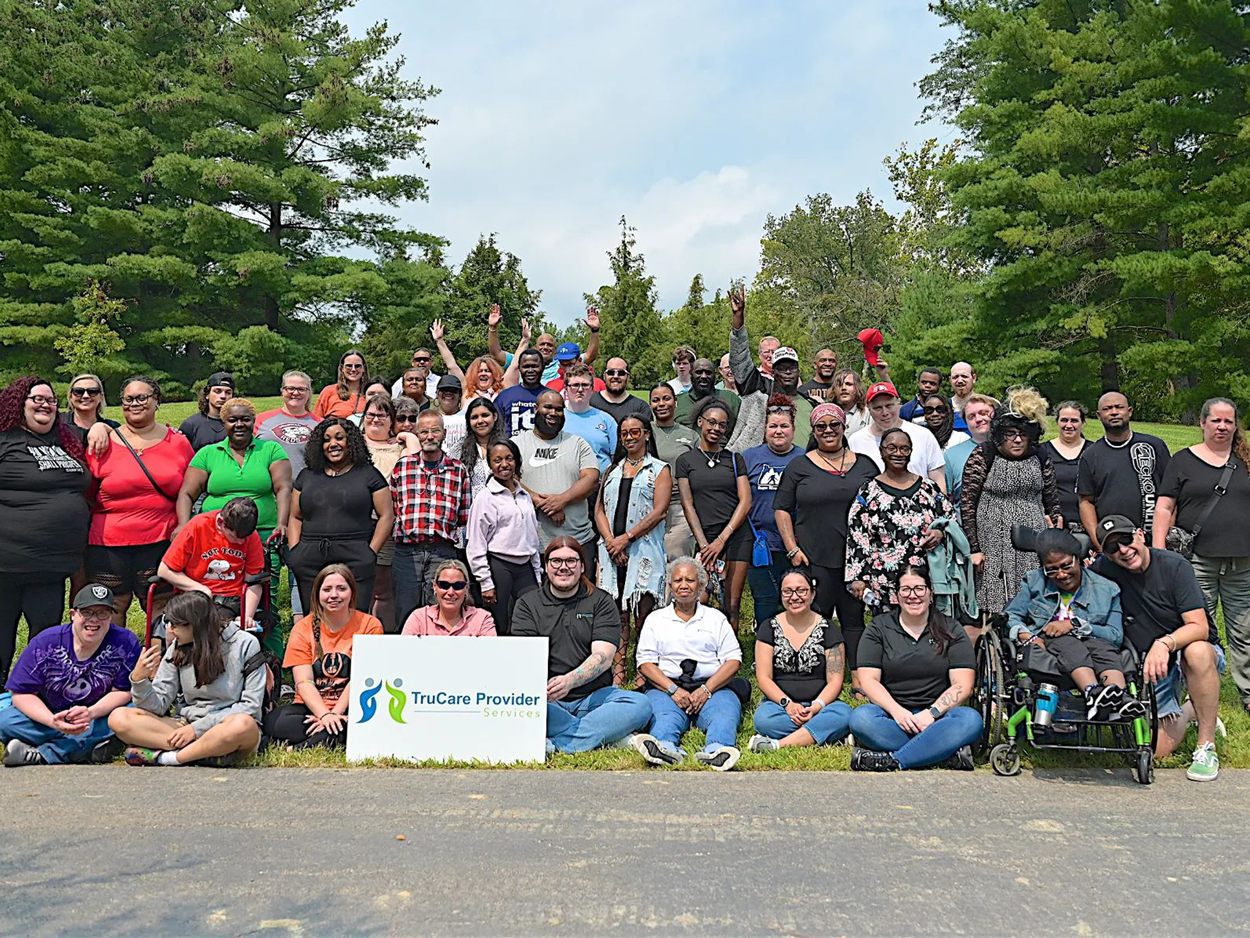
Welcome
The fall edition of our newsletter brings great news. Our programs have seen great growth over the last several months. We’ve seen more people join our Adult Day Services (ADS) program, more people have transitioned to Remote Support Services (RSS) and our in-home care (HPC) continues to grow. With the continued growth, we still continue to maintain appropriate staffing levels and ratios, keep safety and health as a priority, and above all maintain a person centered focus in the services we provide.
We have recently hired Blake Mason as our new Vice President of Business Development. As TruCare Provider Services expands services locally and throughout Ohio, Blake will establish relationships with county boards of developmental disabilities and other providers, to educate them about our portfolio of services. Blake is a welcome addition to our staff as we grow into the future.
Watch for future editions of this newsletter to learn about service goals and accomplishments, new employees, and future special events.
TruCare Staff Shine at Our Fall Picnic
Wrapping up summer this year, team members from every corner of TruCare gathered for our Annual Fall Picnic. Hosted at Dulle Park, Montgomery, OH, this event marked our start of DSP Appreciation Week. Together, we paused to recognize the dedication and hard work that powers our mission every single day. Our picnic was more than an afternoon outdoors, it was a heartfelt thank-you to every TruCare Employee.
From administrative staff and program coordinators to maintenance crews and clinical teams, everyone’s contributions were honored and applauded. The energy was electric as colleagues reconnected, shared stories, and built new relationships over friendly competition.
At the heart of TruCare’s success are our Direct Support Professionals. This year, we lifted up our Day Program and Residential DSPs with special acknowledgements and raffle prizes throughout the afternoon. Whether assisting individuals with daily routines, designing engaging activities, or offering compassionate care around the clock, our DSPs embody our core values of dignity, respect, and empowerment.
No picnic is complete without delicious food, and Jack’s Catering delivered in style. Tasty burgers, colorful salads, and hearty sides lined the buffet, tempting taste buds at every turn.
Our leadership team donned serving gloves and smiles, plating up favorites and offering refreshments to ensure everyone stayed fueled for fun. Laughter echoed throughout the park as teams faced off in cornhole tournaments, cheering each other on with playful banter and high-fives. Uplifting tunes invited guests of all ages to dance along.
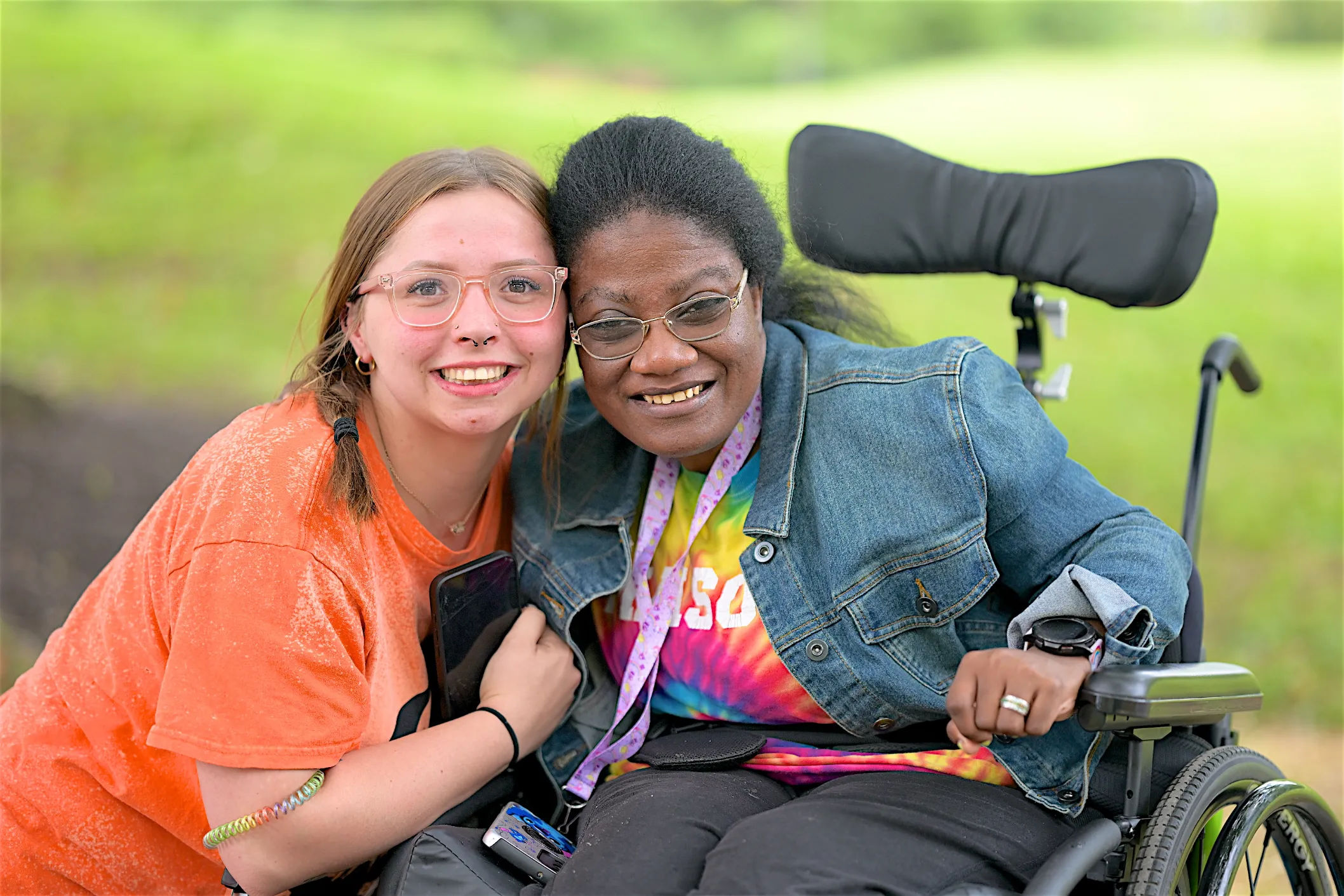
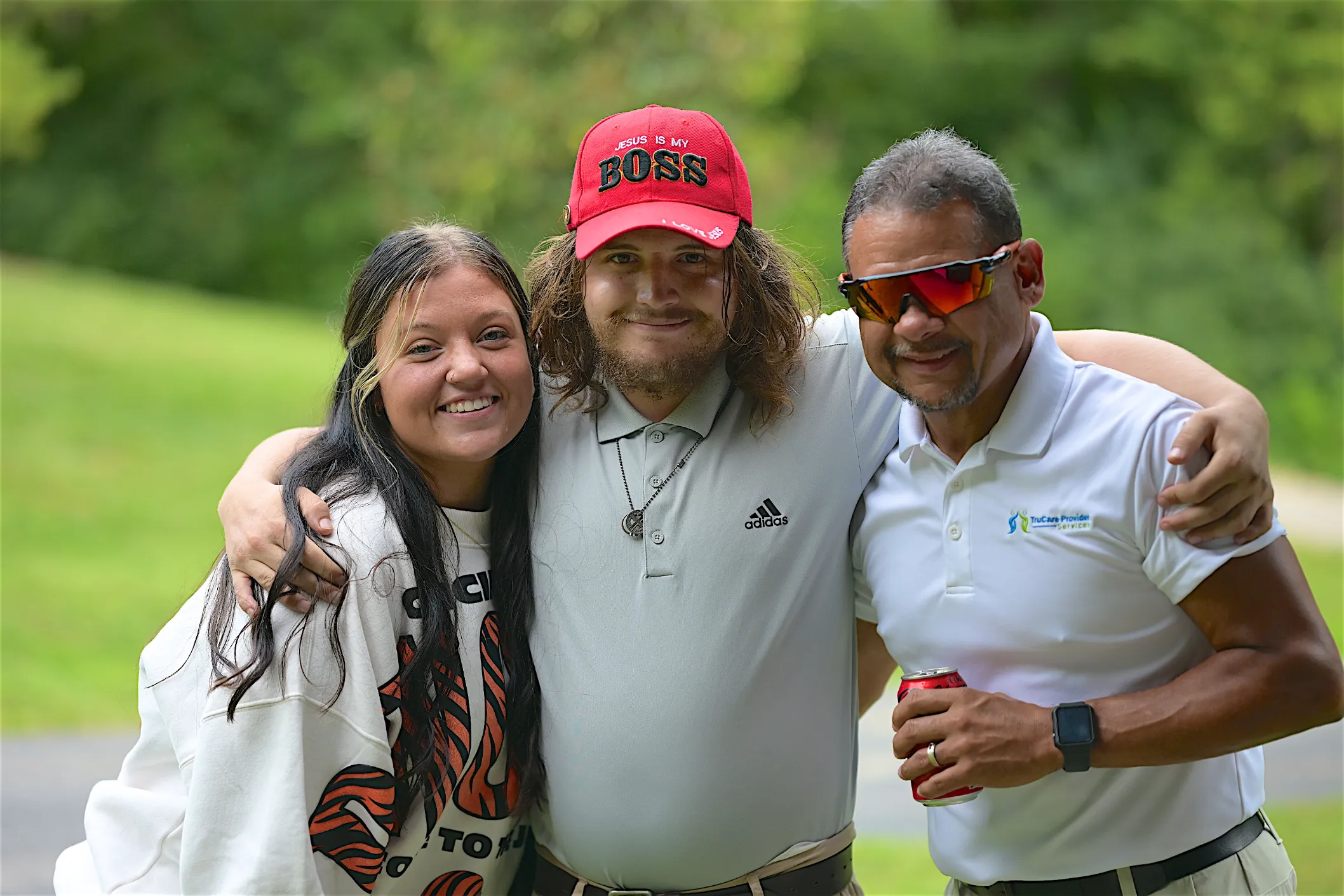
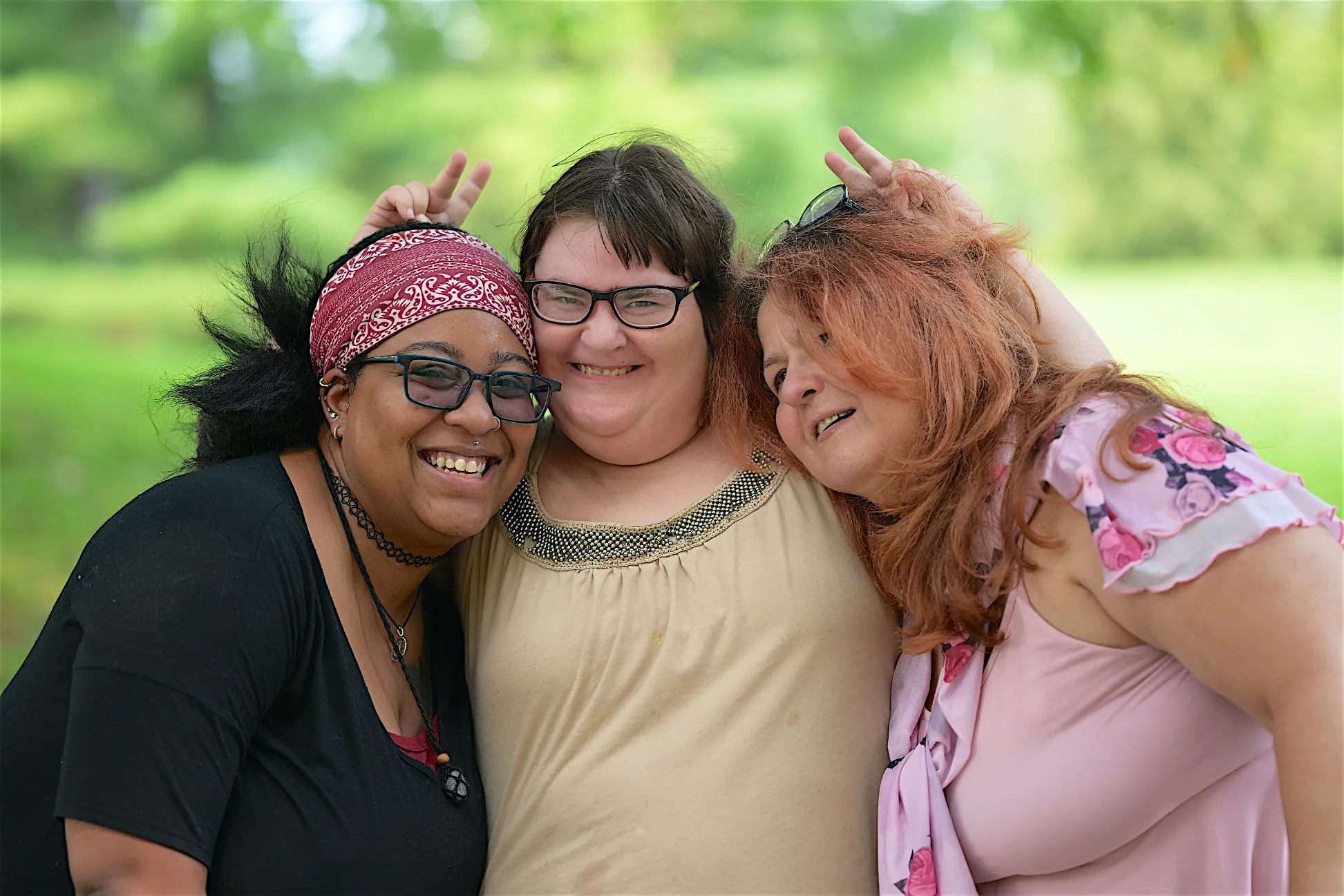
Walking with Purpose: Cincinnati’s 2025 Buddy Walk Brings Joy and Unity
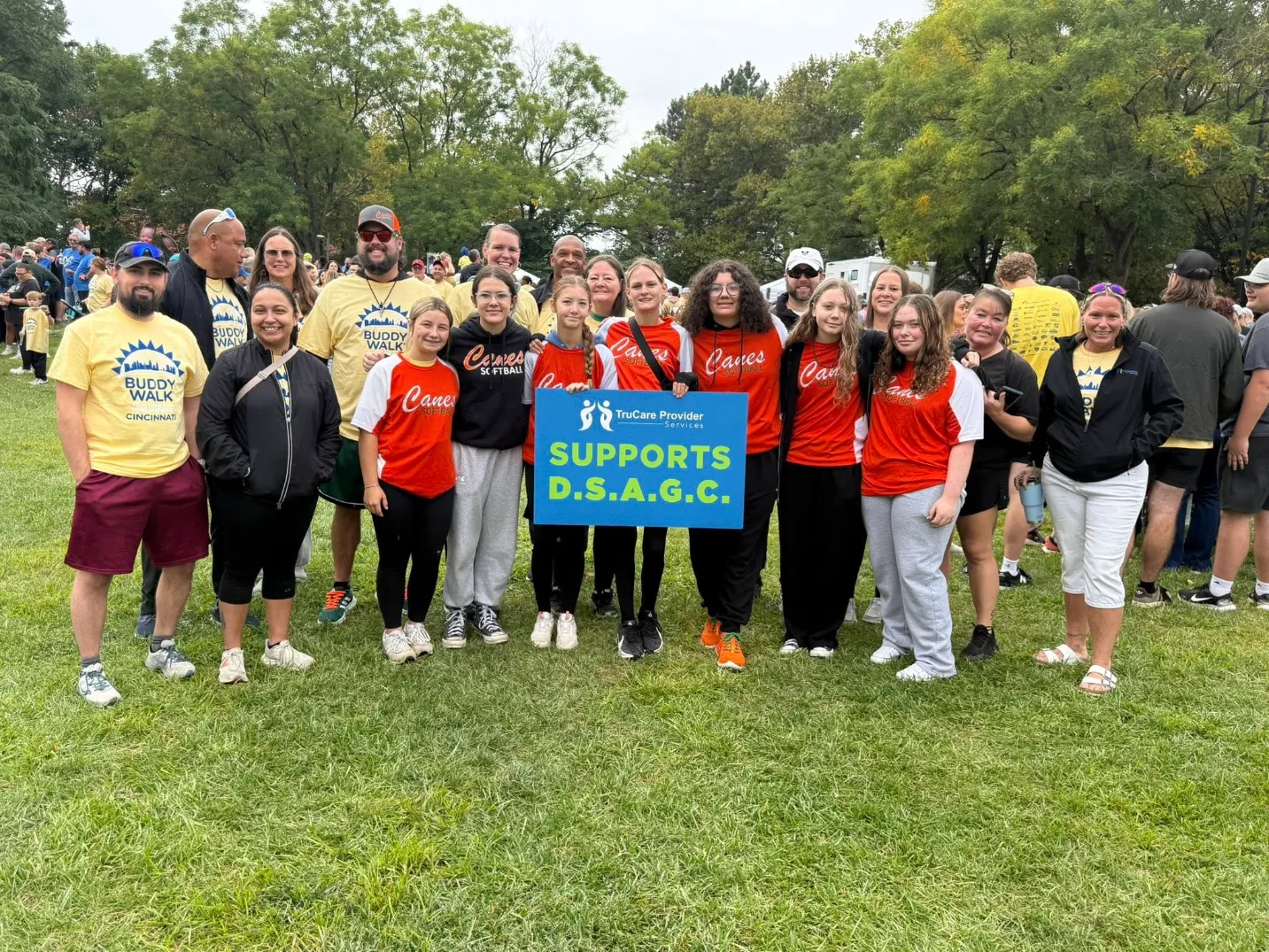
TruCare Provider Services gathered on September 6th, 2025 at Sawyer Point Park to celebrate inclusion, raise awareness, and support the Down Syndrome Association of Greater Cincinnati. Together, we walked one mile alongside nearly 15,000 advocates, and helped raise over three-quarters of a million dollars for Down Syndrome programs and services. Our team arrived bright and early, donning both Buddy Walk and TruCare t-shirts and smiles. As the crowd swelled, we joined a sea of families, friends, and supporters, all united by a shared commitment to celebrate the abilities and contributions of individuals with Down Syndrome. Our team was joined by a local softball team of volunteers looking to help TruCare spread the word and raise awareness.
Thanks to generous donations from staff, individuals, and community partners, our collective fundraising efforts contributed to the event’s astounding $771,220 total. Every dollar raised will fuel vital programs, from early intervention and educational workshops to social events and family support services. The TruCare crew marched the mile-long route with cheers, high-fives, and motivational signs. Along the riverfront path, music sounded from all directions, children danced with bubble wands, and volunteers handed out water to keep spirits, and hydration, high.
We extend our deepest gratitude to everyone who funded, walked, cheered, or volunteered. Your enthusiasm shines a light on the incredible strengths of the Down Syndrome community and underscores the impact of walking, and working, together.
TruCare Celebrates DSP Recognition Week
This September, TruCare Provider Services paused to celebrate the heart and soul of our mission, our Direct Support Professionals. All week long, we showered our DSPs with tokens of appreciation, heartfelt gratitude, and public shout-outs that underscored how vital they are to the individuals and families we serve.
Nothing says “thank you” like a surprise at your doorstep. Our leadership team and volunteers made the rounds to every work site, delivering customized goodies to each DSP and handwritten notes of appreciation. Each stop brought smiles, hugs, and a moment to acknowledge the compassion and dedication DSPs bring to work everyday.
We took our gratitude digital as well. Each day of DSP Recognition Week we shared shout-outs from the leadership team and program managers about individual DSPs, highlighting their dedication and unwavering commitment to our mission. Our feeds buzzed with likes, comments, and GIF-filled celebrations, amplifying the voices of those who do so much behind the scenes. Thank you to every DSP at TruCare. Your skill, compassion, and creativity light the path toward inclusion and independence for the people we serve, today and every day.
Residential HPC Services: Empowering Independence Across Southwest Ohio
At TCPS, our mission is rooted in fostering independence, dignity, and connection for individuals with developmental disabilities. One of the most impactful ways we do this is through Residential Homemaker/Personal Care (HPC) services, a cornerstone of our support model and the very first service we offered when TruCare launched in 2018.
Homemaker/Personal Care (HPC) is a vital service offered through Ohio’s Individual Options and Level One waivers. It’s designed to help individuals with developmental disabilities live more independently while meeting their daily needs, both at home and in the community.
HPC Services include:
- Daily Living Support: Assistance with personal care, meal preparation, and medication management.
- Skill Building: Training in self-advocacy, decision-making, and emergency response.
- Therapeutic Reinforcement: Support with physical, occupational, and speech therapy goals.
- Behavioral and Emotional Wellness: Guidance in expressing emotions and developing socially appropriate behaviors.
- Community Integration: Helping Individuals access and participate in community activities.
- Health and Safety: Ongoing medical support and emergency preparedness.
These services aren’t just about care, they’re about empowerment. HPC helps individuals build confidence, make choices, and live fuller lives on their own terms.
Residential HPC was the very first service offered by TruCare Provider Services and it quickly became the heart of our organization. Since 2018, this program has blossomed into a thriving network of support, now serving nearly 70 individuals across Butler, Clermont, Hamilton, and Warren Counties.
With more than 80 dedicated staff and leadership members, our Residential HPC team brings compassion, consistency, and creativity to every home we support. Whether it’s helping someone learn to cook their favorite meal, navigate public transportation, or celebrate a personal milestone, our team is there: uplifting lives and building community.
Residential HPC isn’t just a service, it’s a relationship. It’s the daily encouragement, the shared laughter, the quiet reassurance that someone is there. At TruCare, we believe that every person deserves to feel safe, valued, and empowered in their own space. HPC helps make that vision a reality.
Voiceitt: Making Speech Technology Accessible for All
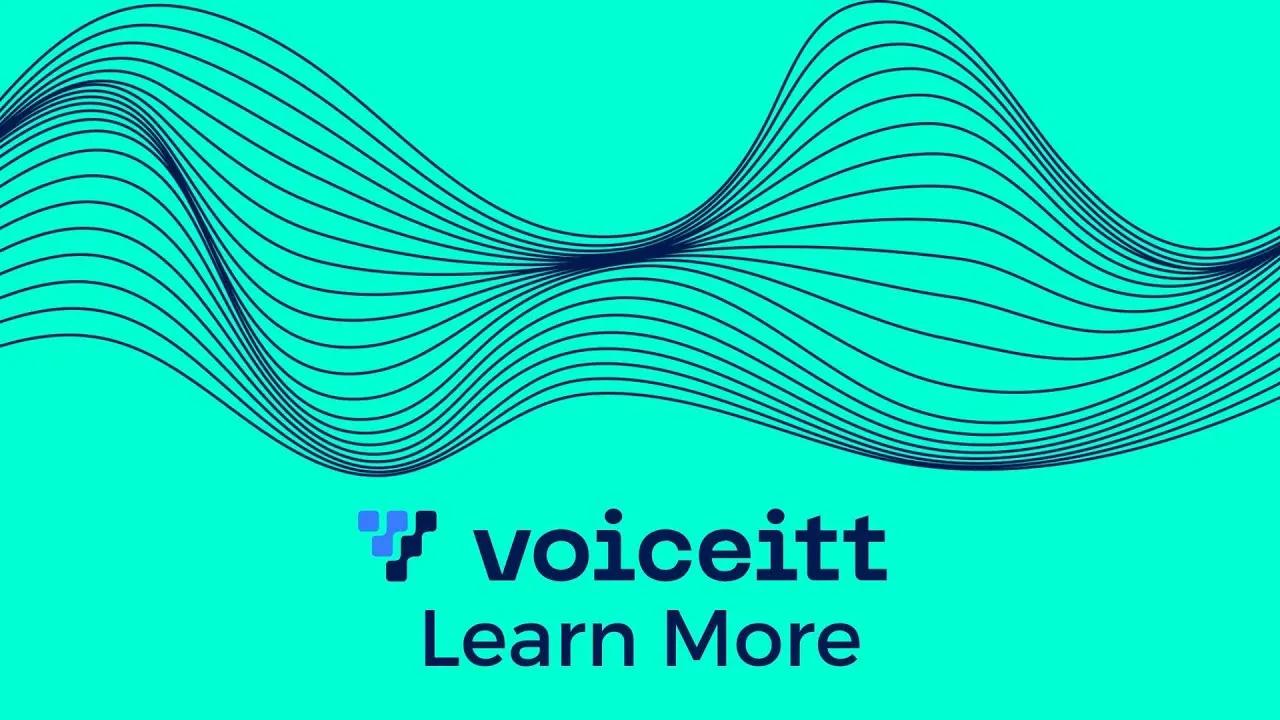
Imagine trying to use voice commands on your phone or smart speaker, but it doesn’t understand you. For millions of people with speech disabilities, heavy accents, or age related speech changes, this is a daily frustration. That’s where Voiceitt comes in.
Voiceitt is a groundbreaking app designed to recognize non-standard speech, making voice technology more inclusive and accessible. Whether someone has a speech impediment, is aging, or speaks with a strong accent, Voiceitt helps them communicate easily with people and technology.
How it Works
Voiceitt uses advanced AI and a unique database of speech patterns to learn how each person speaks. Users start with a free 30-day trial and train the app by recording short phrases. Overtime Voiceitt gets better at understanding their voice.
Once trained, Voiceitt offers three main features:
- Speak Mode: Converts speech into a clear computerized voice, perfect for conversations or smart home commands.
- Dictate Mode: Turns speech into text for emails, notes, or documents.
- Integrations: Adds real-time captions to video calls on platforms like Webex and Microsoft Teams, making meetings more accessible.
Voiceitt isn’t just about convenience, it’s about dignity and independence. Users have shared how the app helps them express themselves, participate in meetings, and even control smart devices like Alexa. For many, it’s the first time they’ve been able to use their voice to interact with technology.
One parent shared, “Voiceitt ensures nothing my son says slips through the cracks. His voice matters.” Another user said, “I always thought having a speech impairment meant I couldn’t use voice recognition. What did I know!”
As we move toward a more equitable future, tools like Voiceitt remind us that innovation shines brightest when it amplifies every voice. By empowering individuals with nonstandard speech to be heard and understood, Voiceitt breaks down barriers that have long excluded people from everyday conversations, digital spaces and independent living. Its adaptive, user-trained approach reflects a deeper truth: communication is not one-size-fits-all and inclusion must be intentional.
A TruScare Affair is coming this October!
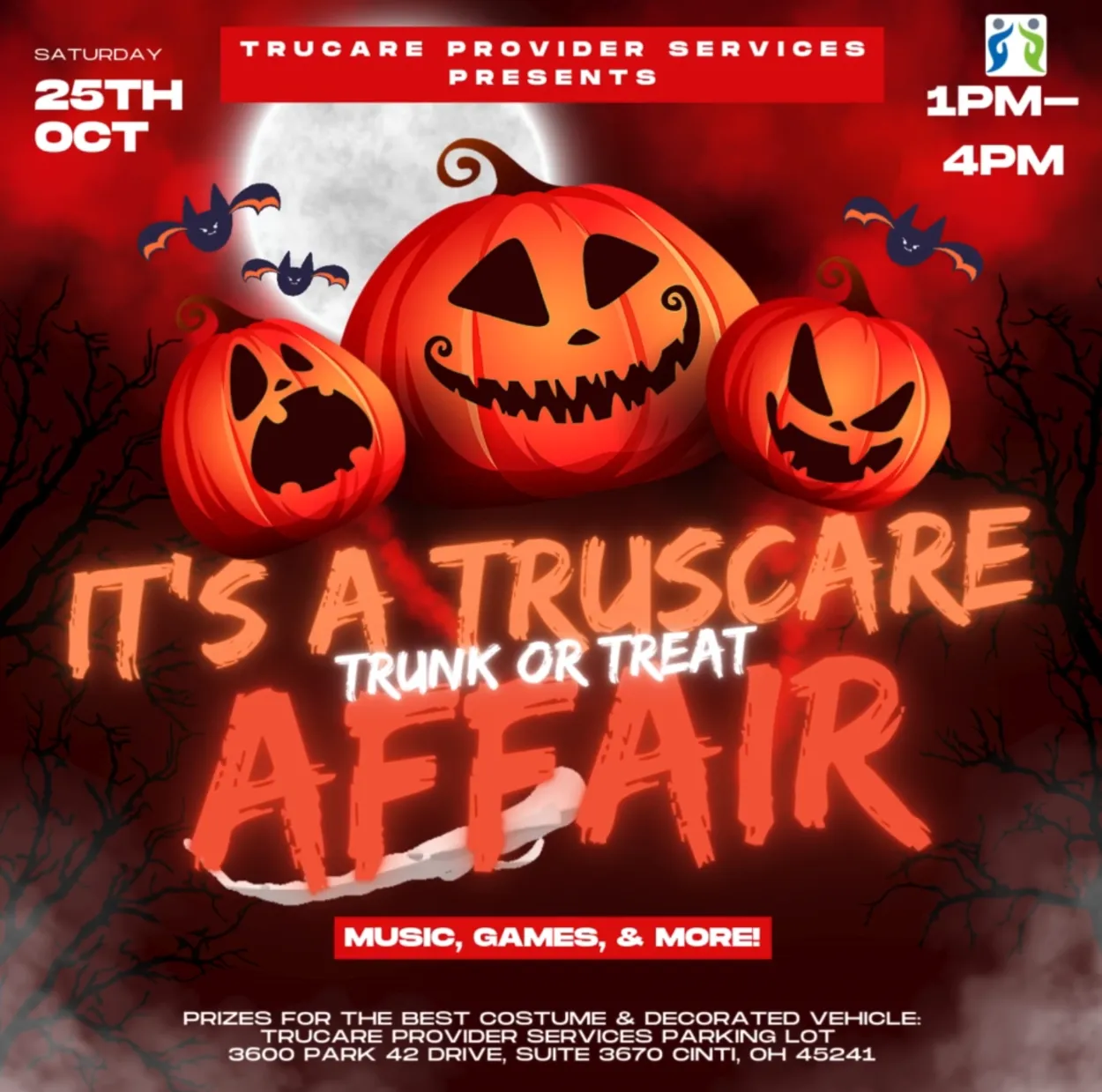
This October 25th, from 1PM to 4PM, the TruCare Provider Services parking lot at 3600 Park 42 Dr., Ste. 3670 in Cincinnati, OH will transform into a vibrant Halloween playground. Picture rows of imaginatively decorated trunks, friendly witches perched atop cauldrons, goofy ghosts, and superheroes ready to save the day, each one a new discovery for children and adults alike. Whether you’re rolling up in a wheelchair or zipping past on foot, you’ll feel the excitement in the crisp autumn air as you weave from car to car, collecting treats and soaking in the festive atmosphere.
Families will find delight around every corner. Volunteers, decked out in seasonal attire, will offer cheerful assistance and tasty goodies, candies, and treats at every turn. A thoughtful curated soundtrack will drift across the lot, upbeat tunes to keep spirits high. We can’t wait to see all your creative costumes!
Zach Rose – Digital Conversion Services
TruCare’s very own Zach Rose offers conversion services of VHS Tapes, Video 8 Tapes, VHS-C Tapes, Cassette Tapes, etc., all to a flash drive for easy digital access. In addition he offers transfers from Desktop and Laptop computers for documents, pictures, music, and video. He also offers restoration of old computers that no longer work. To get in touch with Zach about his services, email [email protected] or text 513-900-0551 with your name, number, and the service you are interested in.
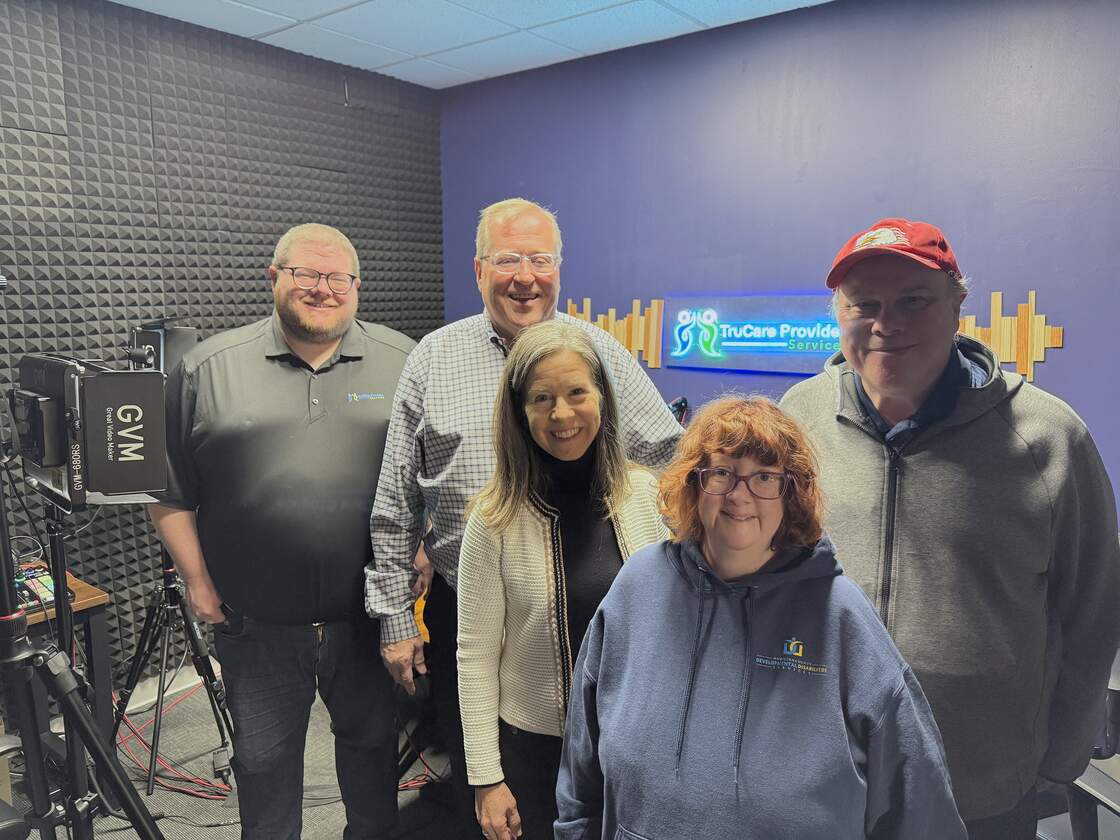
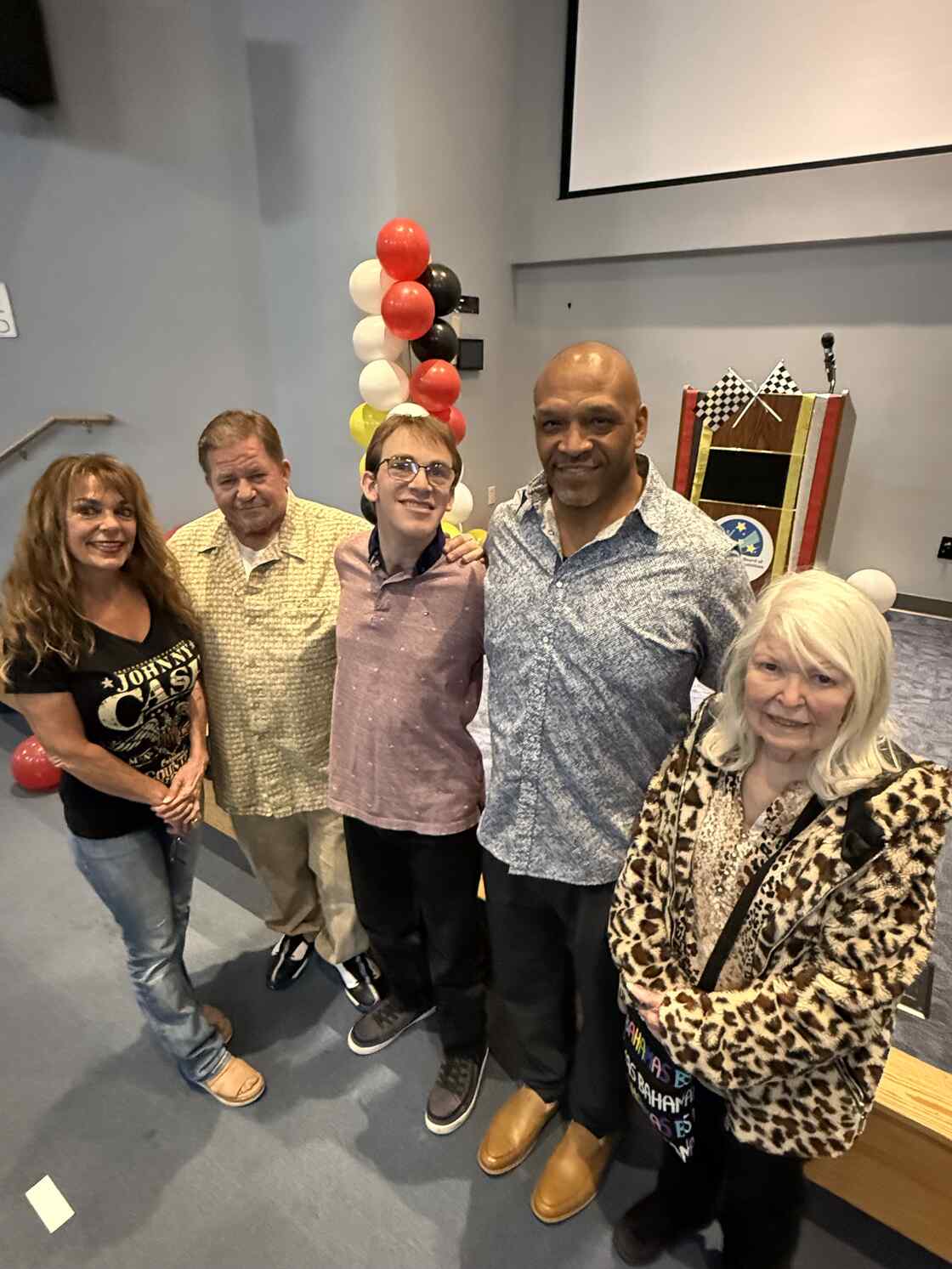
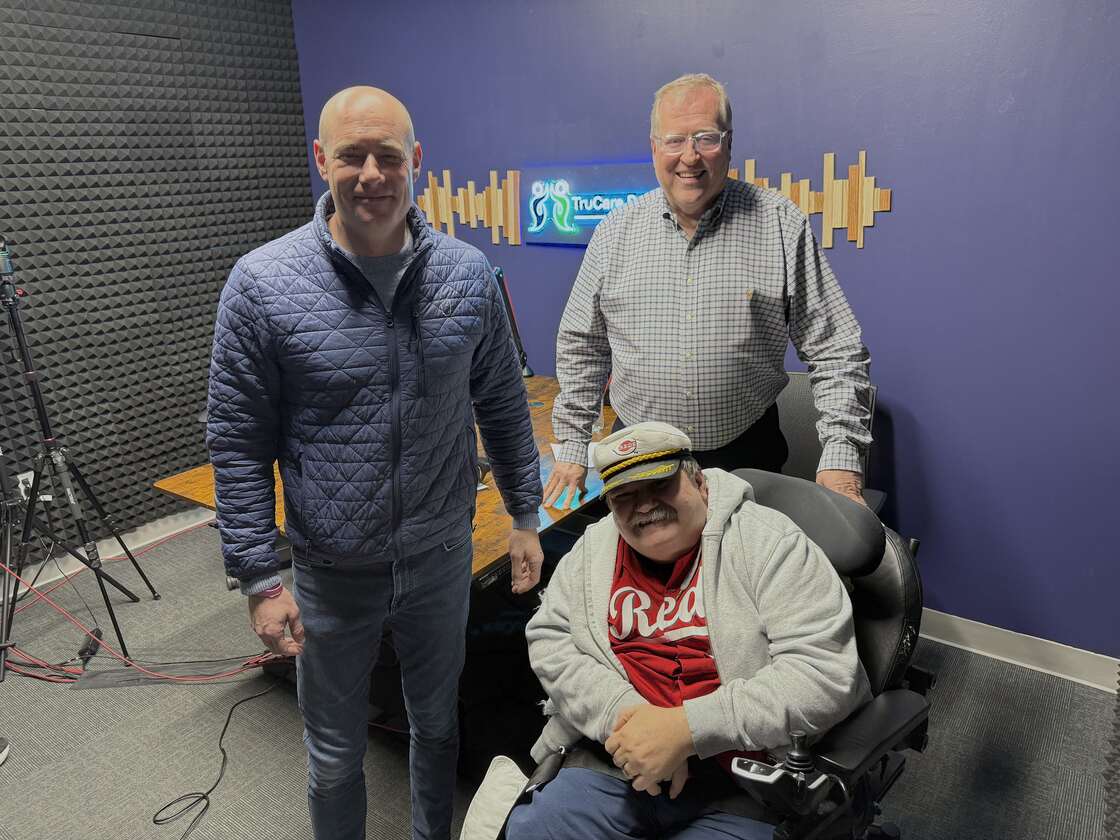
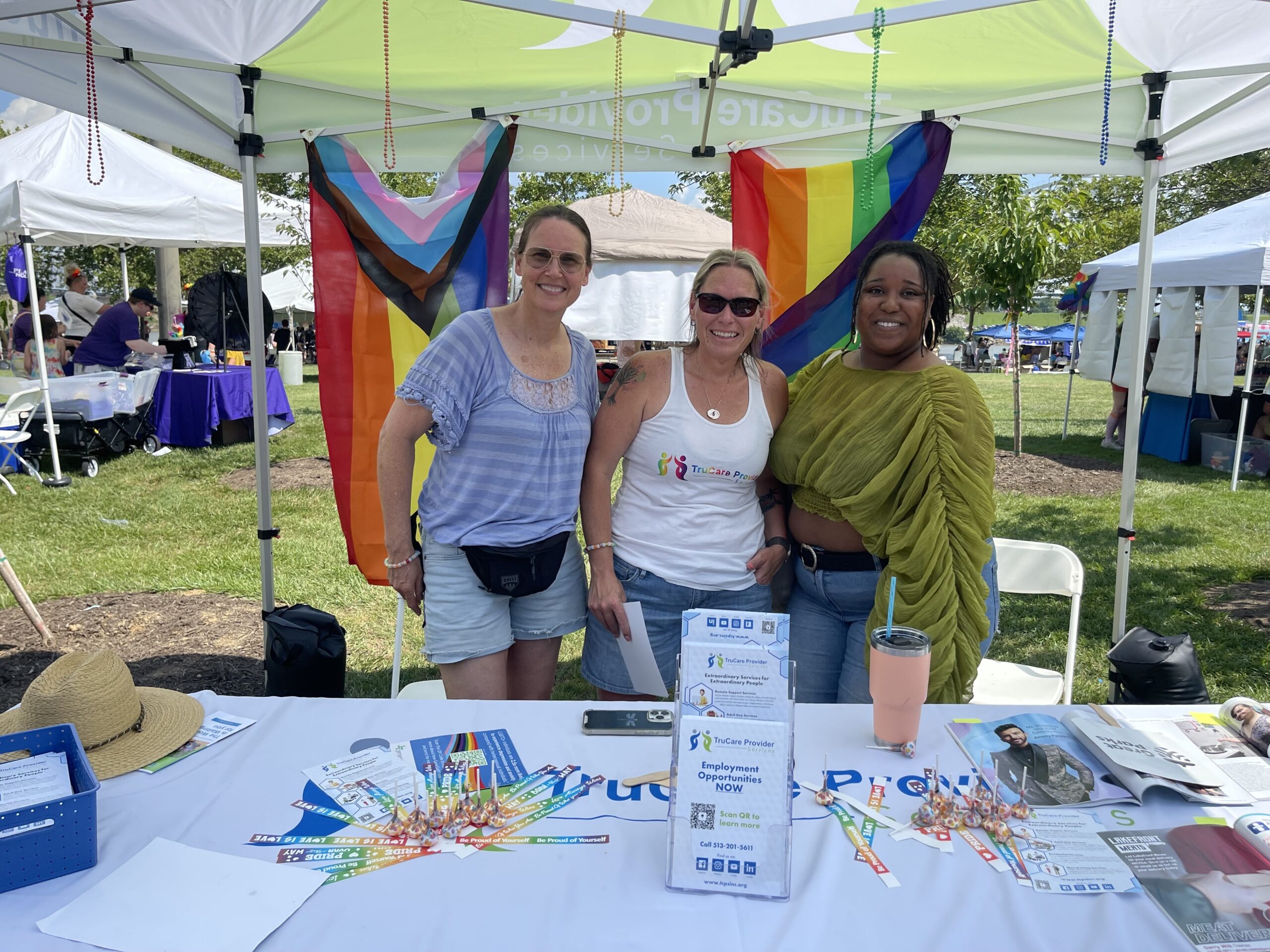
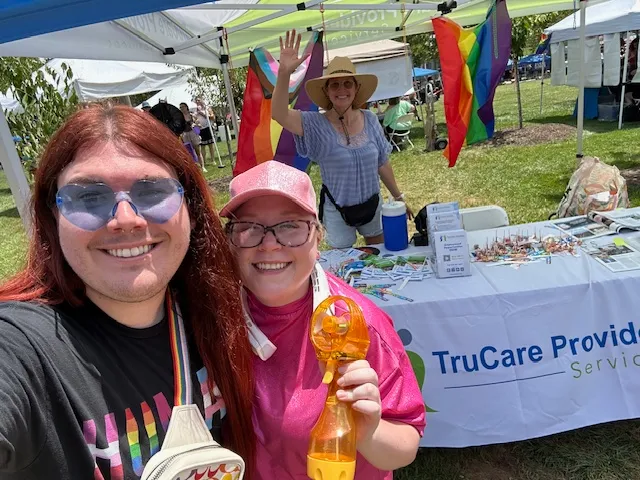


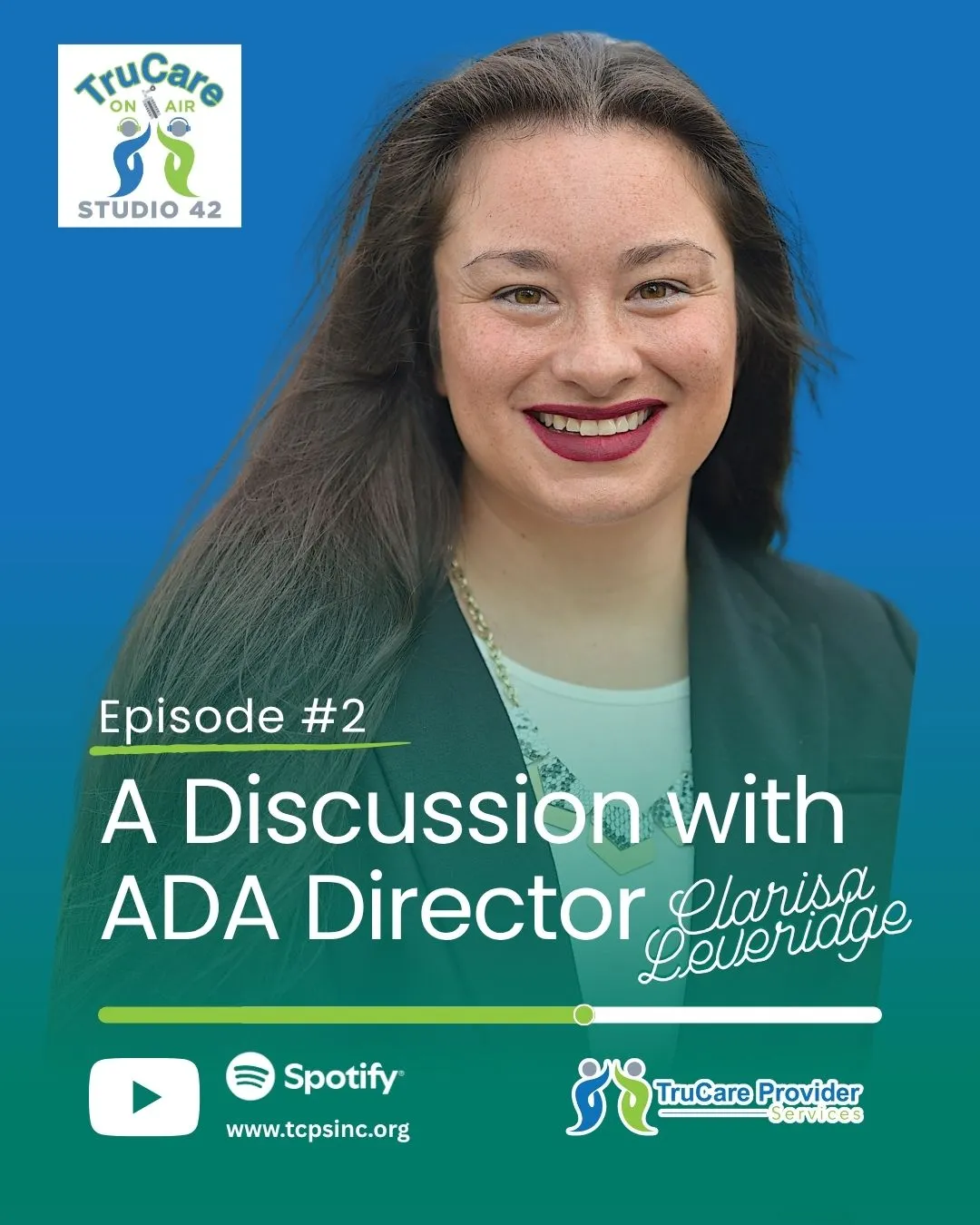
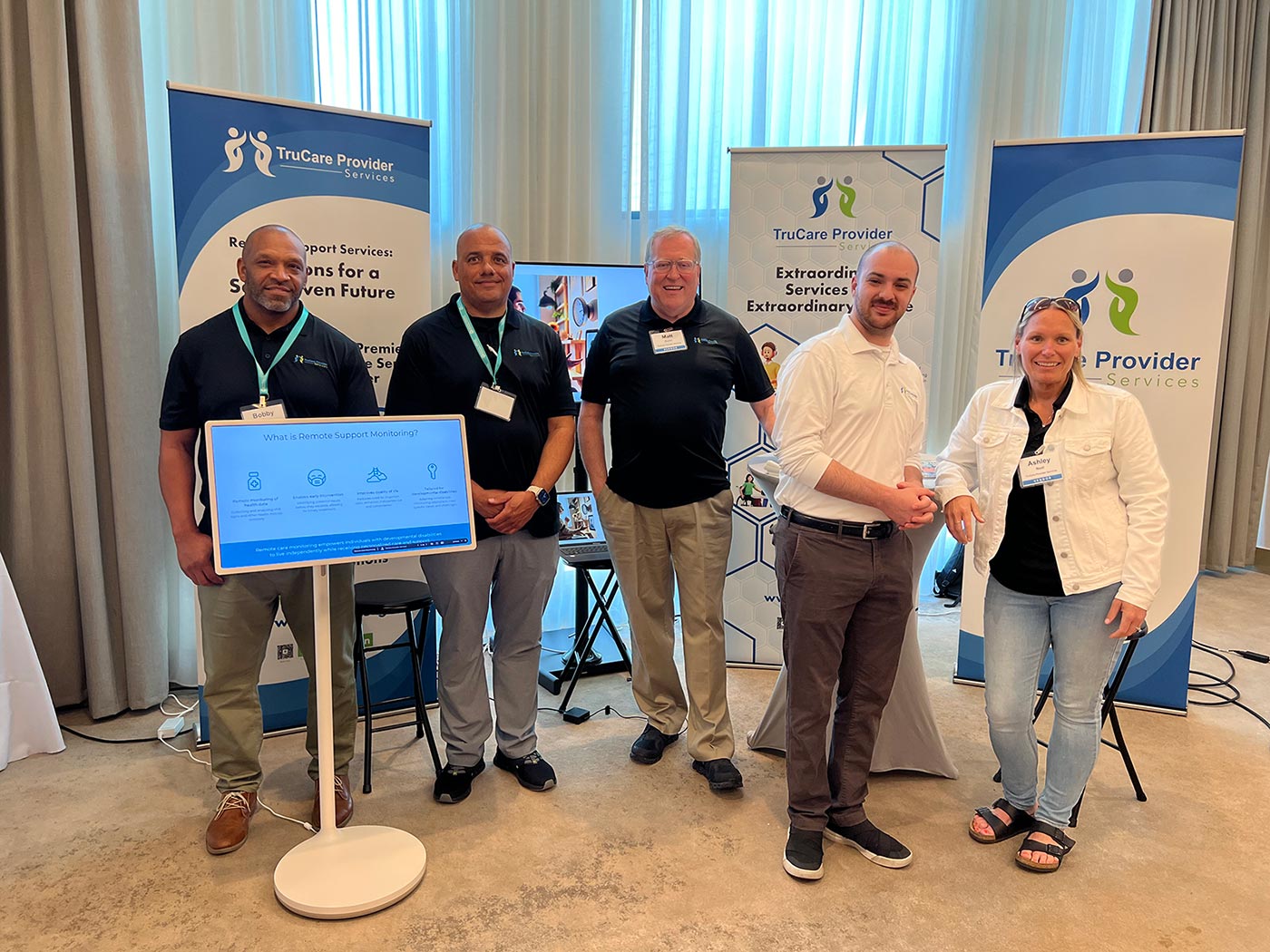
 TruCare Provider Services
TruCare Provider Services